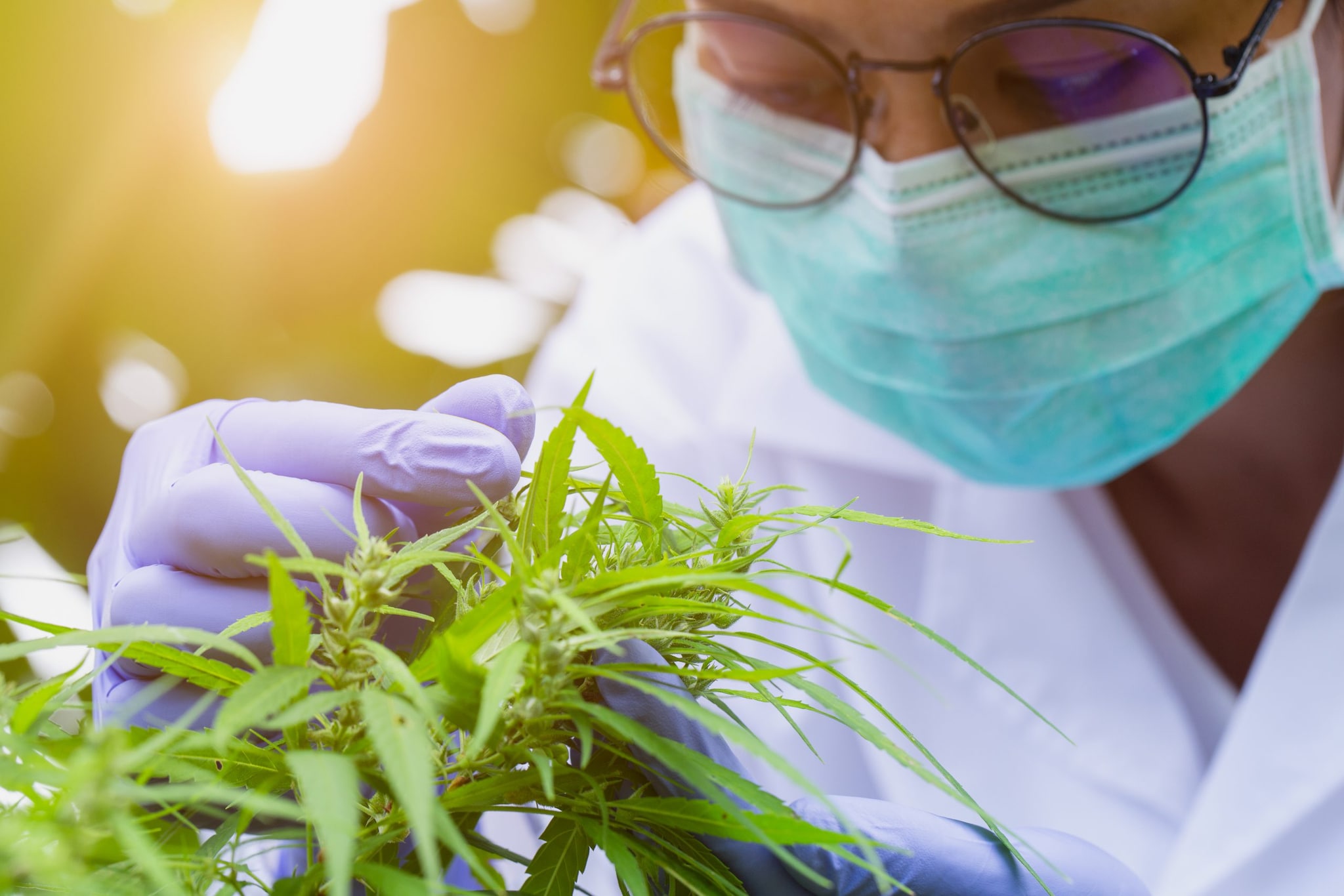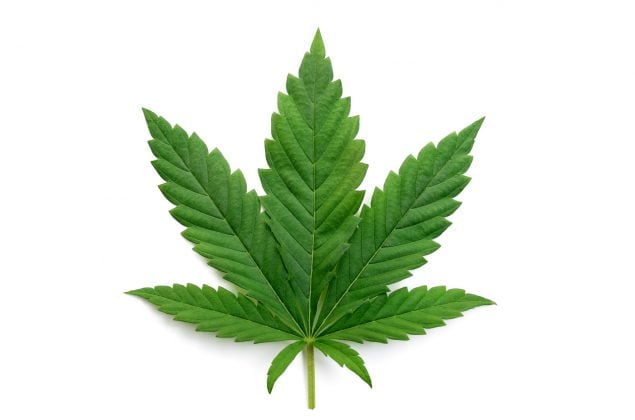"Marijuana—also known as cannabis, weed, pot, or dope—refers to the dried flowers, leaves, stems, and seeds of the cannabis plant. The cannabis plant contains more than 100 compounds (or cannabinoids).
These compounds include tetrahydrocannabinol (THC), which is impairing, and cannabidiol (CBD), which is not impairing–meaning it does not cause a “high.”
Legalization of Marijuana in the U.S.
Marijuana remains illegal at the federal level; however, more than 50% of states, the District of Columbia, Guam, Puerto Rico, and the U.S. Virgin Islands have legalized marijuana for medical use. Also, states are increasingly legalizing it for non-medical adult use.
Although marijuana is used for medical and non-medical adult use, this does not mean it is safe. Scientists are still learning about the health effects and the potential health benefits of using marijuana.
How Can Marijuana Affect Your Heath?
Even though more research is needed to fully understand some of the health effects of marijuana, we know marijuana use may have a wide range of effects on the brain and body.
Brain Development and Function
- Developing brains, such as those in babies, children, and teenagers, are especially susceptible to harmful effects of marijuana and THC. Using marijuana during adolescence or young adulthood, before the brain is fully developed, may affect how the brain builds connections for functions like attention, memory, and learning. These effects may last a long time or even be permanent.
- Recent marijuana use (defined as within 24 hours) directly affects parts of the brain responsible for decision-making, coordination, emotions, and reaction time and can impair important skills required for safe driving.

Marijuana is the most commonly used federally illegal drug in the United States, with an estimated 48.2 million people using it in 2019.
Heart and Lungs
- Smoking any product, including marijuana, can damage the lungs, increase risk of bronchitis, and scar small blood vessels. Smoking marijuana can also increase the risk for stroke, heart disease, and other vascular diseases.
Mental Health
- Marijuana use has been linked to social anxiety, depression, suicide, and schizophrenia. Scientists don’t yet know whether marijuana use directly causes these health issues, but it may make symptoms more severe.
Inhaling or Eating Marijuana
- Vaping THC-containing products has been linked to lung injury and even death. Use of concentrates in vaping or dabbing devices delivers very high levels of THC to the user and may carry health risks because of the high concentration or strength of THC being used.
- Eating edibles (foods and drinks that contain marijuana) can take longer to kick in compared to smoking marijuana. The delayed effect of consuming edibles may increase the risk of consuming too much, which can lead to poisoning or serious injury.
Polysubstance Use— The use of more than one drug. This includes when two or more drugs are taken together or within a short time period, either intentionally or unintentionally:
- Using alcohol and marijuana at the same time will likely cause greater impairment and risk of physical harm.
- Using marijuana in combination with opioids can increase risk for opioid misuse.
- Marijuana may change how prescription drugs work, so talk with your doctor about any medications you are taking and the possible side effects when mixed with marijuana or other drugs.

Some people who use marijuana will develop marijuana use disorder, meaning that they are unable to stop using marijuana even though it’s causing health and social problems in their lives.
One study estimated that approximately 3 in 10 people who use marijuana have marijuana use disorder. The risk of developing marijuana use disorder is stronger in people who start using marijuana during youth and who use marijuana more frequently..."
Marijuana

No comments:
Post a Comment